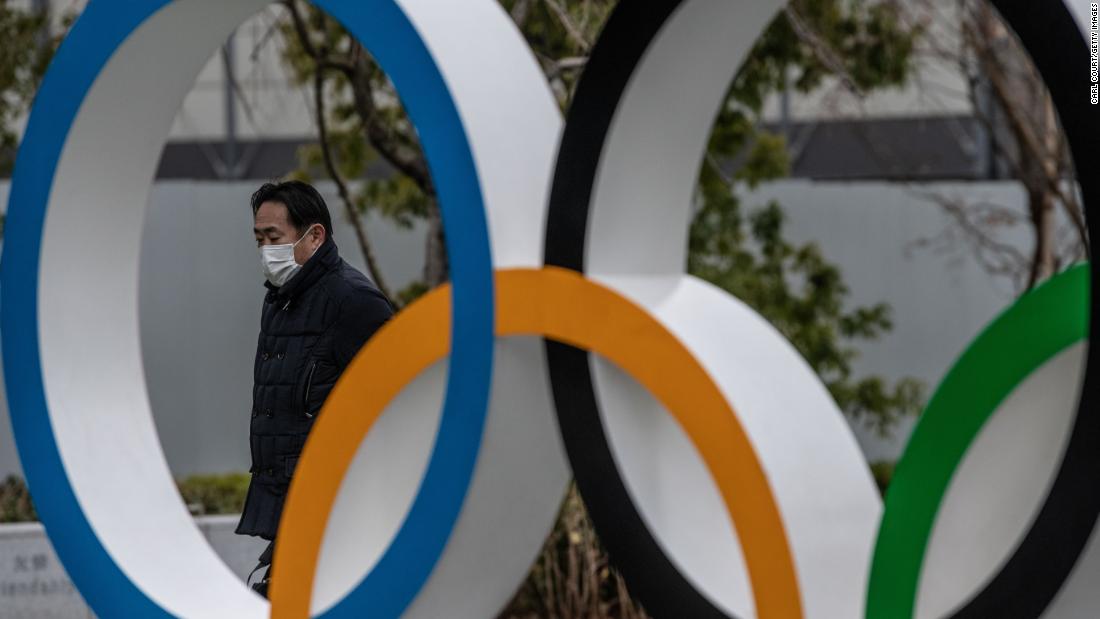
The country reported 4,527 new cases and 51 deaths on Tuesday, bringing the national total to nearly 300,000, with a death toll of 4,158. More than 61,500 patients are in hospitals across the country, struggling to cope with a spike in cases caused in part by freezing temperatures in winter.
Tokyo, formerly one of the worst affected areas, reported 970 new cases on Tuesday, the first time the Japanese capital’s daily count has dropped below 1,000 in more than a week. The total number of confirmed cases in Tokyo now stands at 77,133.
The new announcement expands the order to Osaka, Kyoto, Hyogo, Aichi, Gifu, Tochigi, and Fukuoka, covering much of Japan’s main island, Honshu. Eleven prefectures in total are now under emergency measures.
The state of emergency is ordering companies to encourage their staff to work from home and reduce the number of offices by 70%. Residents of affected areas are also urged to avoid non-essential outings, and restaurants must stop serving alcohol at 7pm and close at 8pm.
Sports and entertainment events in Japan are also requested to limit the number of visitors.
Suga asked for public cooperation following Wednesday’s announcement of the expanded measures.
“I hope people understand that this is an indispensable measure to improve this difficult situation. We will do everything we need to do. My apologies for the inconvenience that has caused your life with many limitations, but we have to overcome this,” he said at a news conference.
“I would like to ask for the cooperation of the people.”
However, unlike a number of other countries that have enacted lockdowns and social distancing measures, Japan lacks many legal powers to enforce government orders. The country is also facing fatigue from the coronavirus, having been one of the earliest affected by the pandemic in recent months, and mixed reports.
Following the Tokyo emergency order, Satoshi Kamayachi, a physician and member of the government’s expert advisory board, told CNN-affiliated TV Asahi that “it wasn’t enough time to contain the wave of infection, we need to reduce more human contact.”
Japanese officials are thought to be wary of enacting a full lockdown or other tougher emergency measures for fear of harming the economy. The country is also once again facing tough decisions around the Olympics, which were scheduled to take place last summer, but which were eventually postponed as the pandemic spread around the world.
According to the International Olympic Committee, the Tokyo Games will take place this summer from July 23 to August 8, with simple opening and closing ceremonies in keeping with an “overall simplification of the Games”.
Last week, the Tokyo Metropolitan Government said it would postpone upcoming Tokyo Olympics torch exhibits “to reduce the flow of people and prevent the spread of Covid-19.” The torch had been on display in several municipalities from November and was due to restart this week.
Chairman Yoshiro Mori said in a New Year’s speech to the staff of the Tokyo 2020 Organizing Committee this week that preparations would go “as planned,” adding that “I think everything would be affected if I scratch my head or show any indecision” .
“We will come out of this dark tunnel in partnership with you. I would like you all to do the best to the end to bring joy and hope to many people in the belief that spring comes after winter and the morning always after a winter. long night, ”said Mori. .
Speaking to CNN, former top International Olympic Committee official Dick Pound said it was unlikely that the Games could be postponed again, and so any additional delay would likely mean their cancellation.
“The one-year delay was a proposal from Japan, the organizing committee said, ‘Look, we can keep this together for another year, but no further,’” he said. “Postponing it by another year, for example, will entail high costs, which Japan may not be willing to incur. It will complicate a busy sports schedule … you get the World Cup and football underway. there is just too much congestion in the overall system. “
He rejected the suggestion that the Tokyo Olympics could be pushed back to 2024, and all planned host cities in turn moved forward, as being of people “with no idea what that (plan) means in real life.”
CNN’s James Griffiths contributed from Hong Kong.
